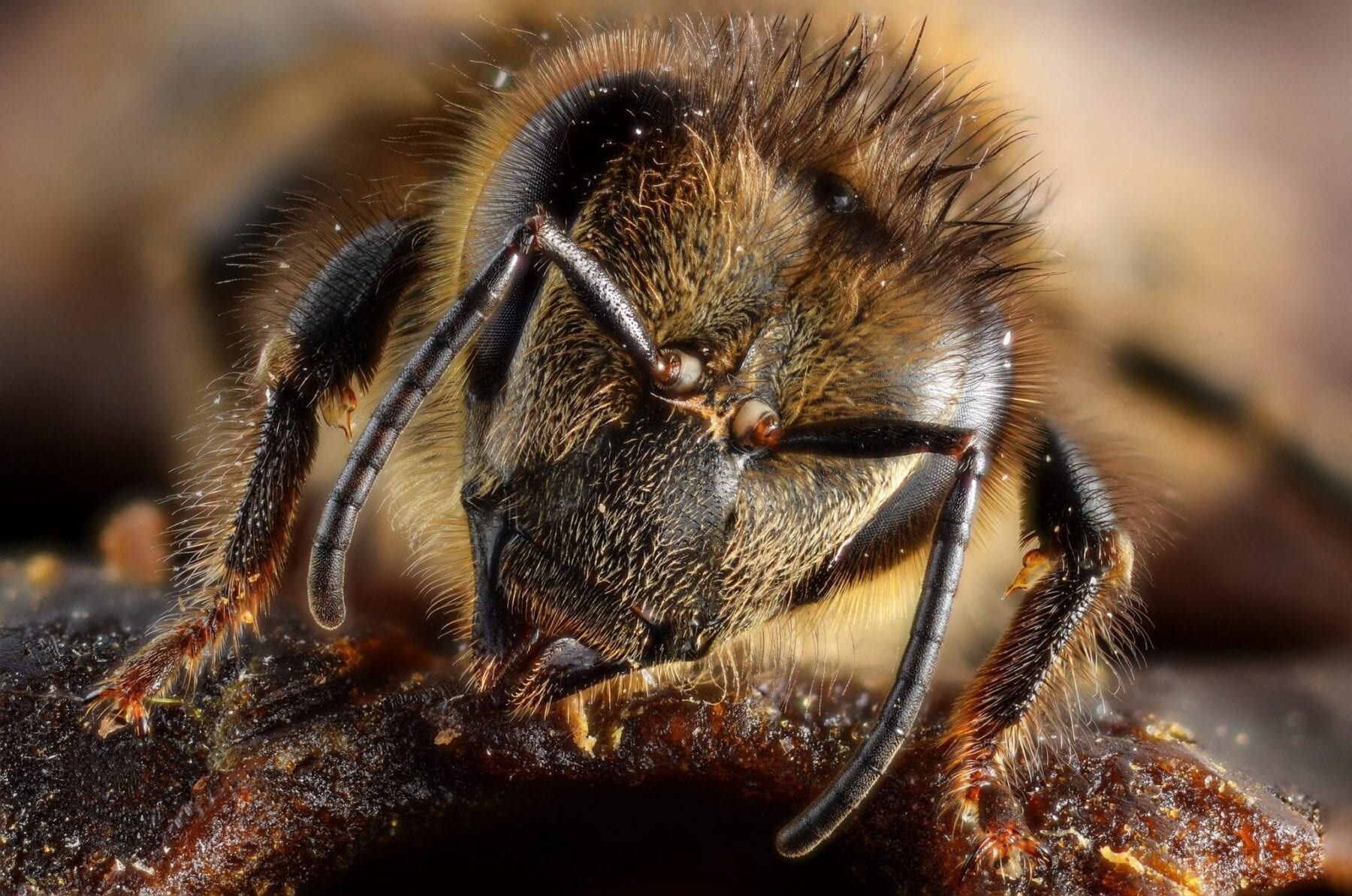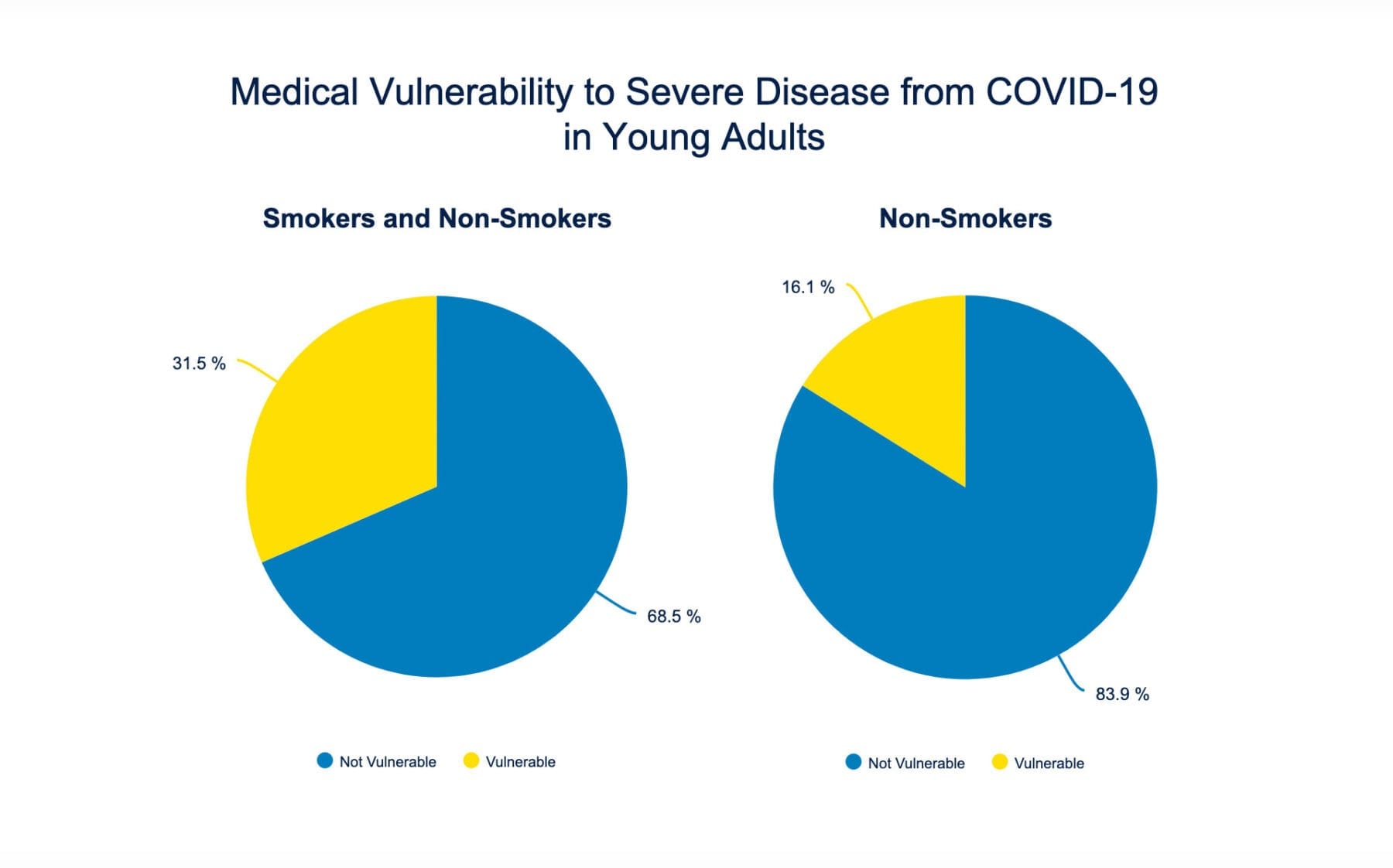
via beeculture.com
Climate change and an increase in disturbed bee habitats from expanding agriculture and development in northeastern North America over the last 30 years are likely responsible for a 94 percent loss of plant-pollinator networks, researchers found.
The paper, “Wild bee declines linked to plant-pollinator network changes and plant species introductions,” was published in the journal Insect Conservation and Diversity.
Sandra Rehan, an associate professor in York University’s Faculty of Science, and grad student Minna Mathiasson of the University of New Hampshire, looked at plant-pollinator networks from 125 years ago through present day. The networks are comprised of wild bees and the native plants they historically rely on, although most of those have now been disrupted.
About 30 per cent of plant-pollinator networks were completely lost, which translates to a disappearance of either the bees, the plants or both. In another 64 per cent of the network loss, the wild bees, such as sweat or miner bees, or native plants, such as sumac and willow, are still present in the eco-system, but the bees no longer visit those plants; the association is gone.
The remaining six per cent of the plant-pollinator networks are stable or even thriving with pollinators such as small carpenter bees, which like broken stems for nest making.
“There are several reasons for the losses in the networks,” Rehan explained. “Climate change is likely the biggest driver. We know that over the last 100 years or so annual temperatures have changed by two and a half degrees. This is enough to alter the time when certain native plants bloom.
“For a bee that’s out for months on end or is a generalist pollinator, this isn’t such a critical mismatch, but for a bee that’s only out for two weeks of the year and only has a few floral hosts, this could be devastating.”
The Latest Updates from Bing News & Google News
Go deeper with Bing News on:
Plant-pollinator networks
- Your chance to support work of Connect Norwich
Churches and Christian organisations across Greater Norwich have been asked to consider supporting the newly-renamed Connect Norwich group in its work in building meaningful relationships within the ...
- Hand Pollination of ‘Sapphire Tower’ Helps Rare Plant Survive–Only Blooming Every 20 Years
The flowering of the specimen at the botanical gardens is allowing botanists to hand-pollinate other members with a paintbrush ...
- Earth Day: Volunteers In Ohio Plant Trees, Clean Pollinator Gardens To Restore Native Habitats
Millions of people celebrate Earth Day every 22 April. In Ohio, volunteers planted trees and other native plants in a metro park in Columbus. Others restored a pollinator garden in a residential ...
- There are big benefits to filling your garden with native plants
Here are four benefits to planting native species. 1. NATIVE PLANTS SUPPORT WILDLIFE "If you can increase the number of native plants that are from your particular region ... thos ...
- Pollinator Project plans plant sale for for April 20 at Mylan Park
They fly, buzz, creep and flutter, always in a quest for a meal —a bite here, a sip there. They’re pollinators, nature ’s workforce carrying pollen from ...
Go deeper with Google Headlines on:
Plant-pollinator networks
[google_news title=”” keyword=”plant-pollinator networks” num_posts=”5″ blurb_length=”0″ show_thumb=”left”]
Go deeper with Bing News on:
Wild bee declines
- Check the science first: Those viral TikTok gardening hacks could actually kill your plant
TikTok may not be the best source for gardening tips. In fact, some of the most viral hacks could do more harm than good to your plants.
- Bay Area scientists use game-changing technology to help birds amid climate change
Bay Area scientists are using cutting-edge technology to better understand the decline in bird populations while finding ways to help species that are challenged.
- Wild bees are the real climate heroes
Year after year, articles appear with doomsday scenarios describing how bee populations are rapidly declining, with buzzword headlines like “A bee-pocalypse in Europe” and “Nearly half of U.S.
- The Netherlands Is Losing Its Insect-Pollinated Flowers
A wide range of plant species rely on insects for pollination, but the diversity of these insect-pollinated plants have decreased dramatically in recent decades ...
- Your yard can help avert the insect apocalypse. Here’s how.
Bees and the rest of class Insecta need you. Here’s how to build bug mansions on your balcony or in your backyard. The best part? The laziest gardeners make the best bug architects.
Go deeper with Google Headlines on:
Wild bee declines
[google_news title=”” keyword=”wild bee declines” num_posts=”5″ blurb_length=”0″ show_thumb=”left”]










